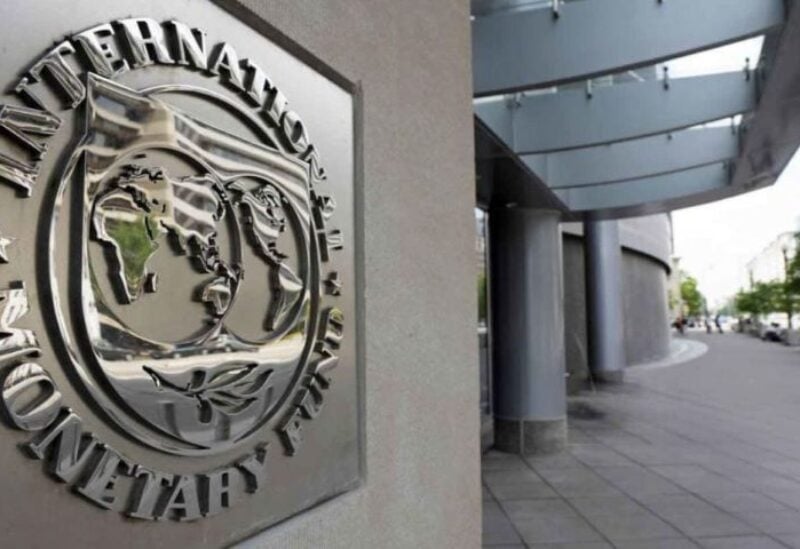
International Monetary Fund (IMF)
According to the International Monetary Fund (IMF) the global debt pile surged to an unprecedented $226 trillion at the end of 2020 as sovereign, non-financial corporations and households continued to borrow amid pandemic-driven uncertainties.
Public and private sector borrowings last year climbed $27 trillion from 2019 and the pace of the increase has stoked concerns of financial stability risks, Vitor Gaspar, director of the IMF’s Fiscal Affairs Department, said on Wednesday.
“Both the level and the pace of increase are record highs,” Mr Gasper said ahead of the IMF’s Fiscal Monitor report release. “We know that high and rising debts increase risks to financial stability and public finances.”
Governments and central banks globally have poured about $25tn in monetary and fiscal stimulus support since the onset of the pandemic to boost economies, strengthen banks and stabilise financial markets.
Sovereigns borrowed extensively amid historic low interest rates, however, governments are still looking at widening fiscal deficits amid an uneven global economic recovery and need to borrow more to bridge budget gaps.
Countries with a “high credibility fiscal framework” benefit from better bond market access and lower interest rates on sovereign bonds, Gasper said.
“A strong message from the fiscal monitor is that fiscal credibility pays off,” he said. “That’s a precious asset to have in an uncertain and difficult times like Covid-19.”
The global economy, which last year tipped into its deepest recession since the Great Depression of the 1930s, is now expected to grow 5.9 per cent in 2021, 0.1 percentage point lower than the IMF’s July estimate. The rapid spread of the more virulent Delta strain of Covid-19 and inequitable access to vaccines is threatening the pace of the economic recovery, the Washington-based fund said on Tuesday.
Although the international community provided critical support to help alleviate fiscal vulnerabilities of low-income countries, there is a lot more that can be done, the IMF said on Wednesday.
The IMF’s rapid financing facilities and the G20 Debt Service Suspension Initiative eased fiscal pressure on some of the poorest nations that were struggling to find resources to combat the pandemic.
The IMF has also provided liquidity through special drawing rights of $650bn, “but much more could be achieved if rich countries would make part of their resources available to the developing world”, Mr Gasper said.
“By doing so, donors would be contributing to fighting the pandemic and to the achievement of sustainable and inclusive growth,” he added.